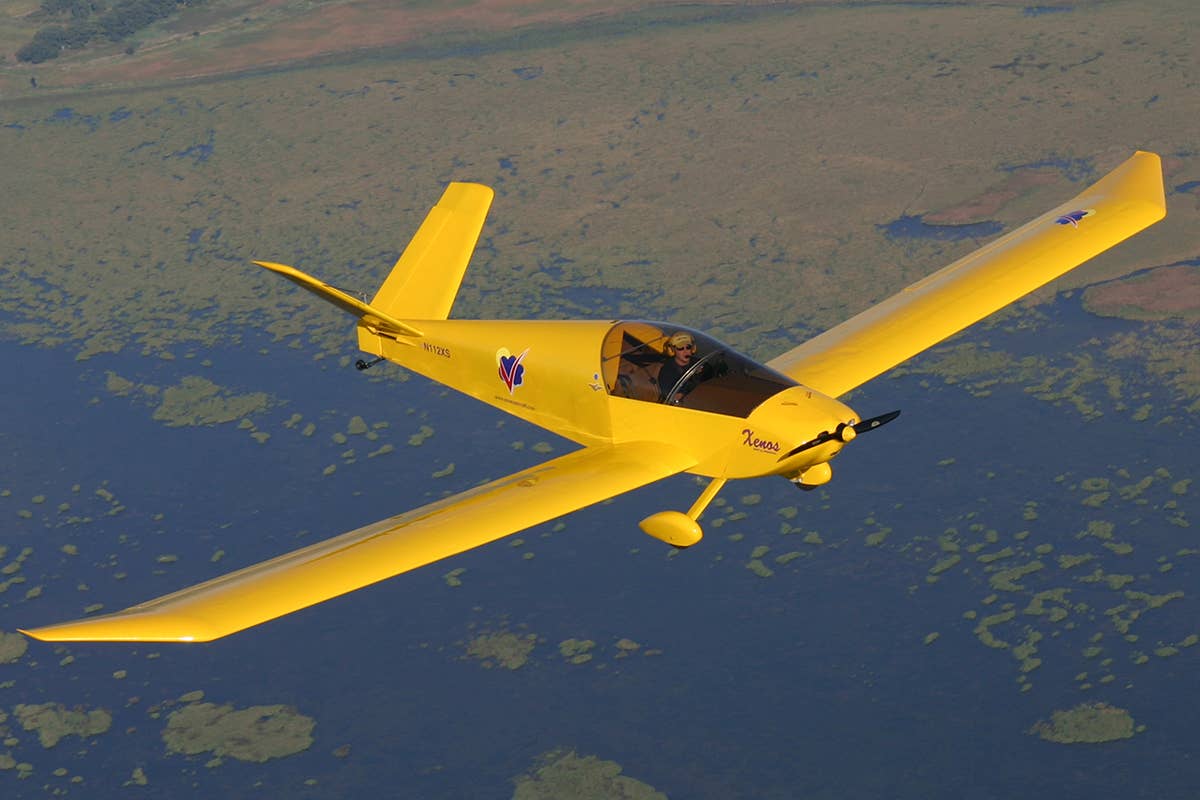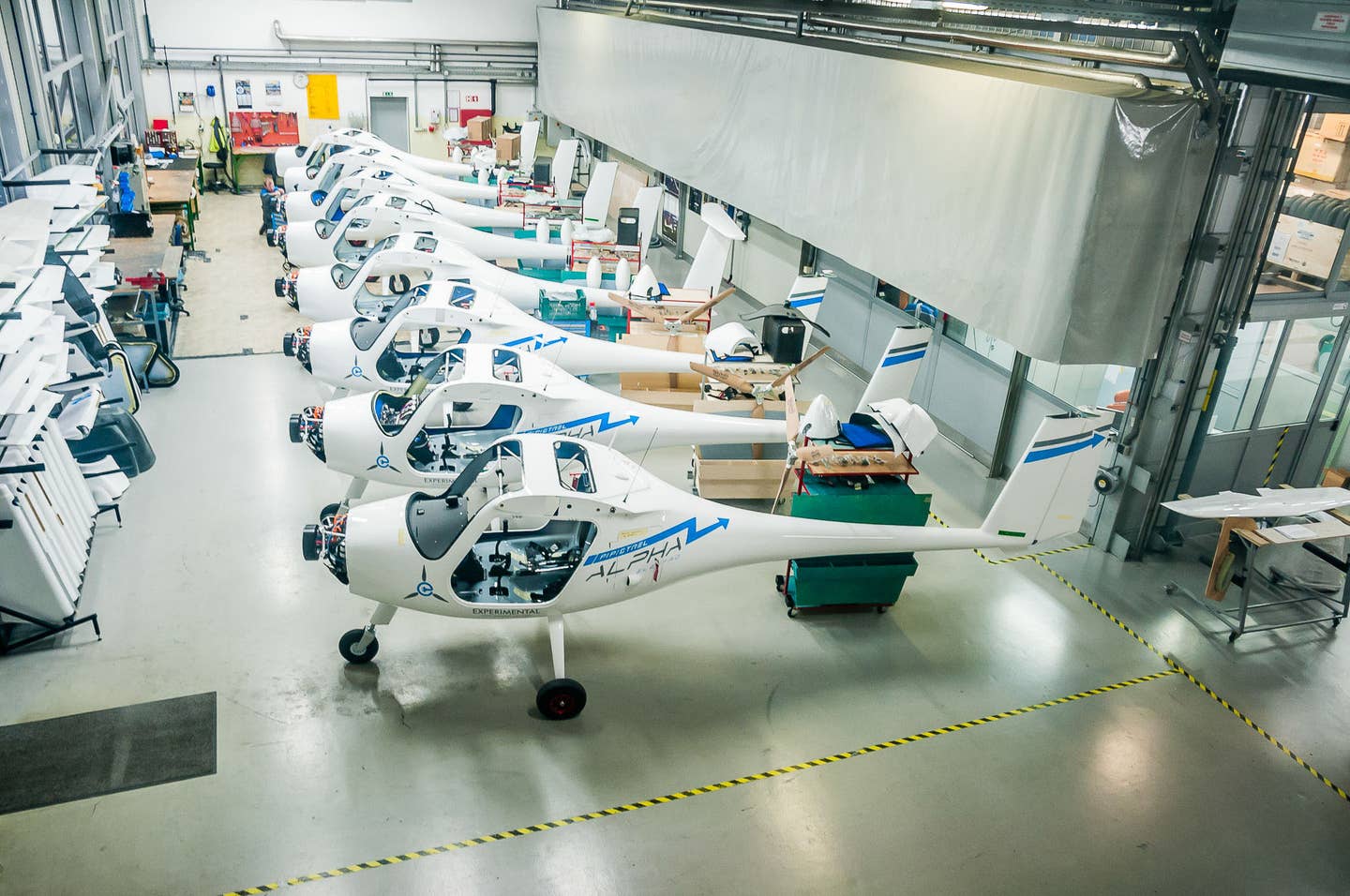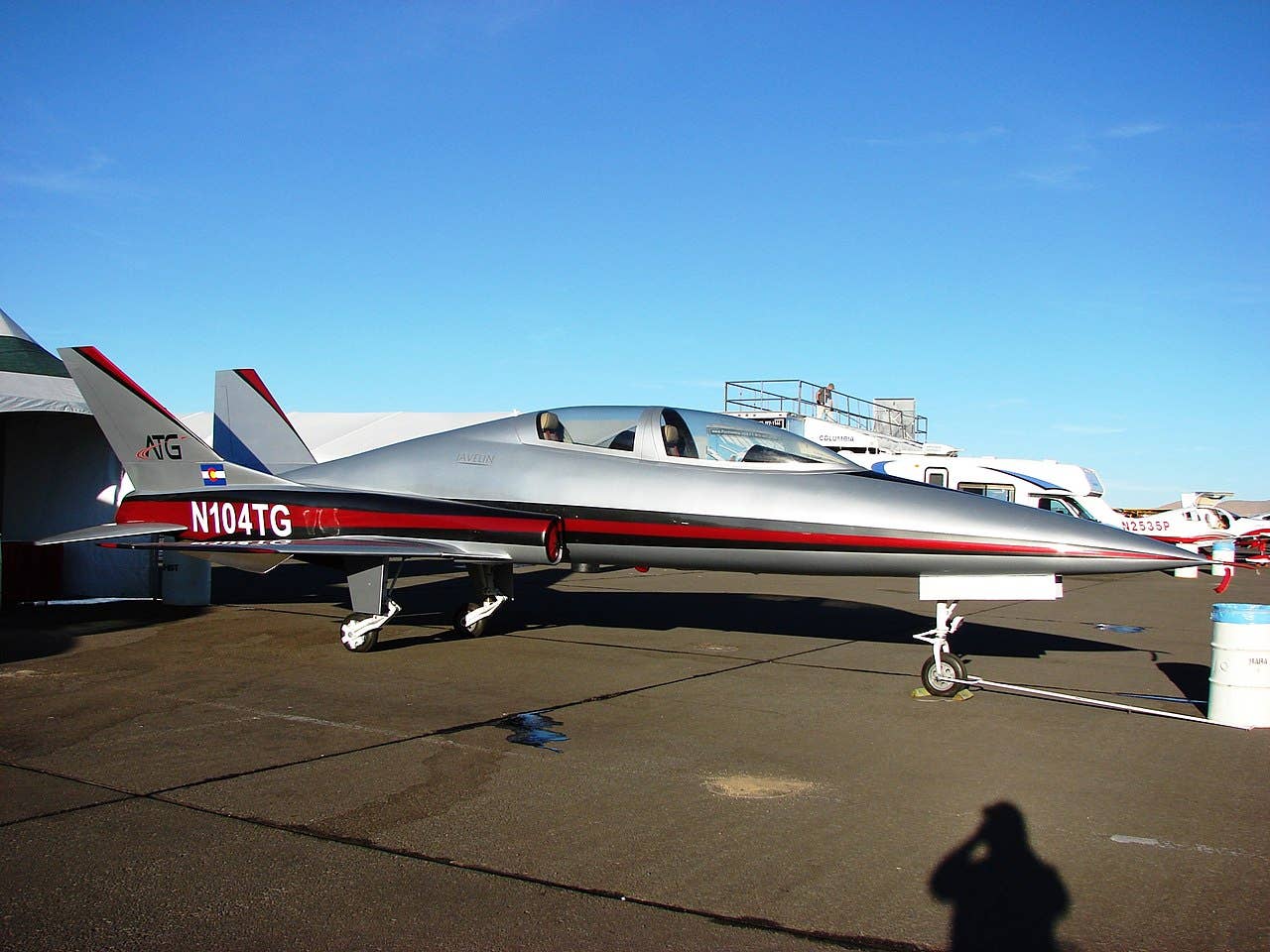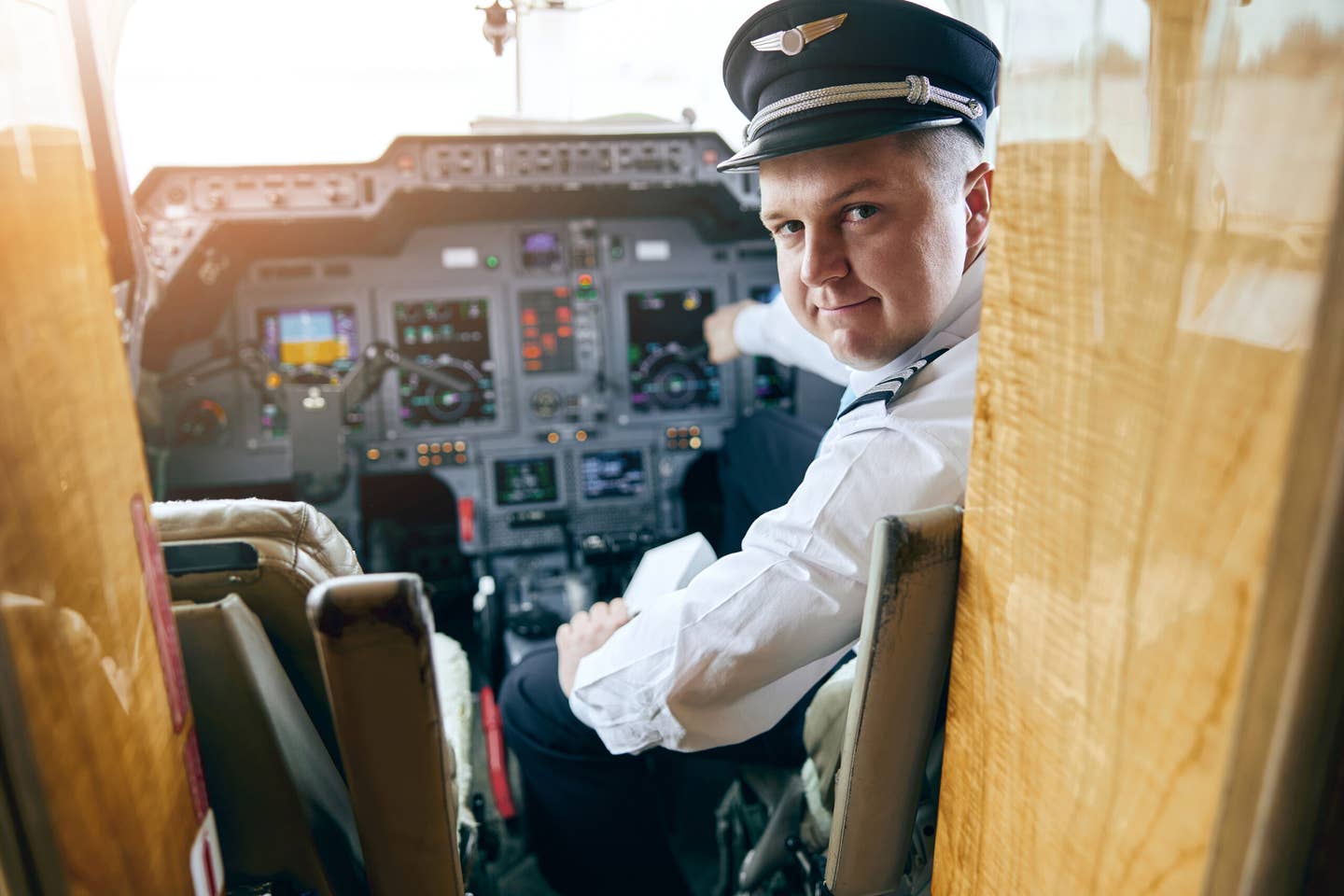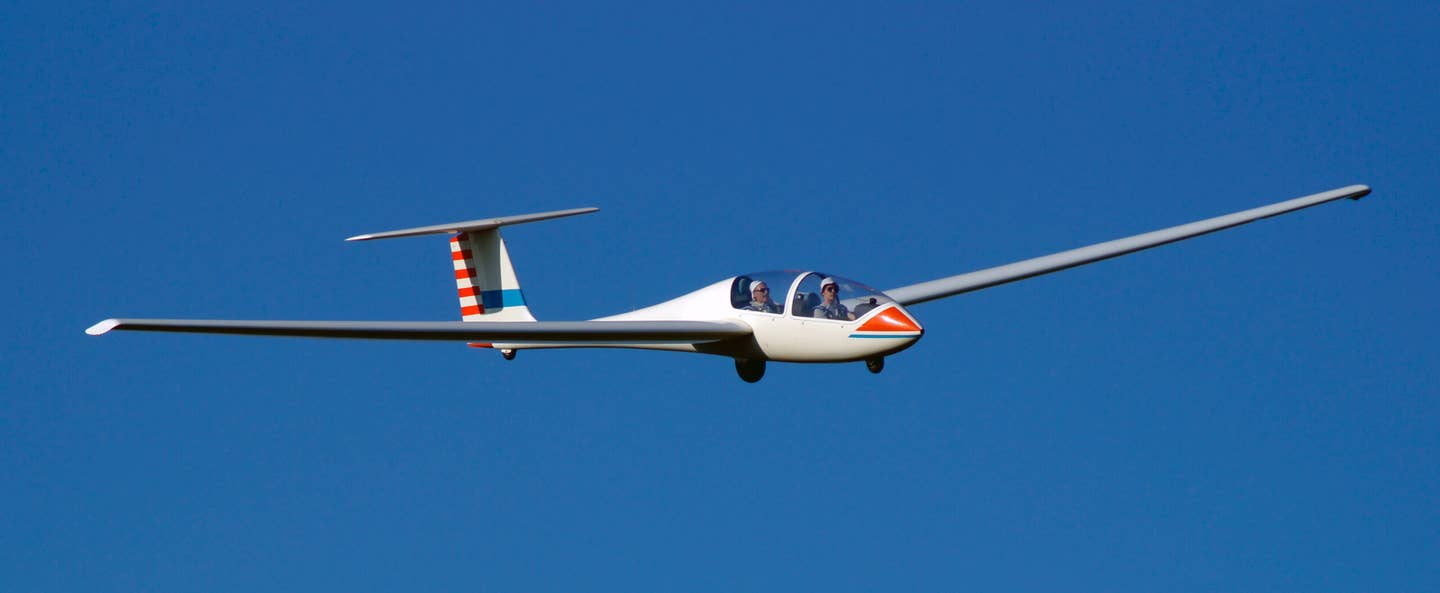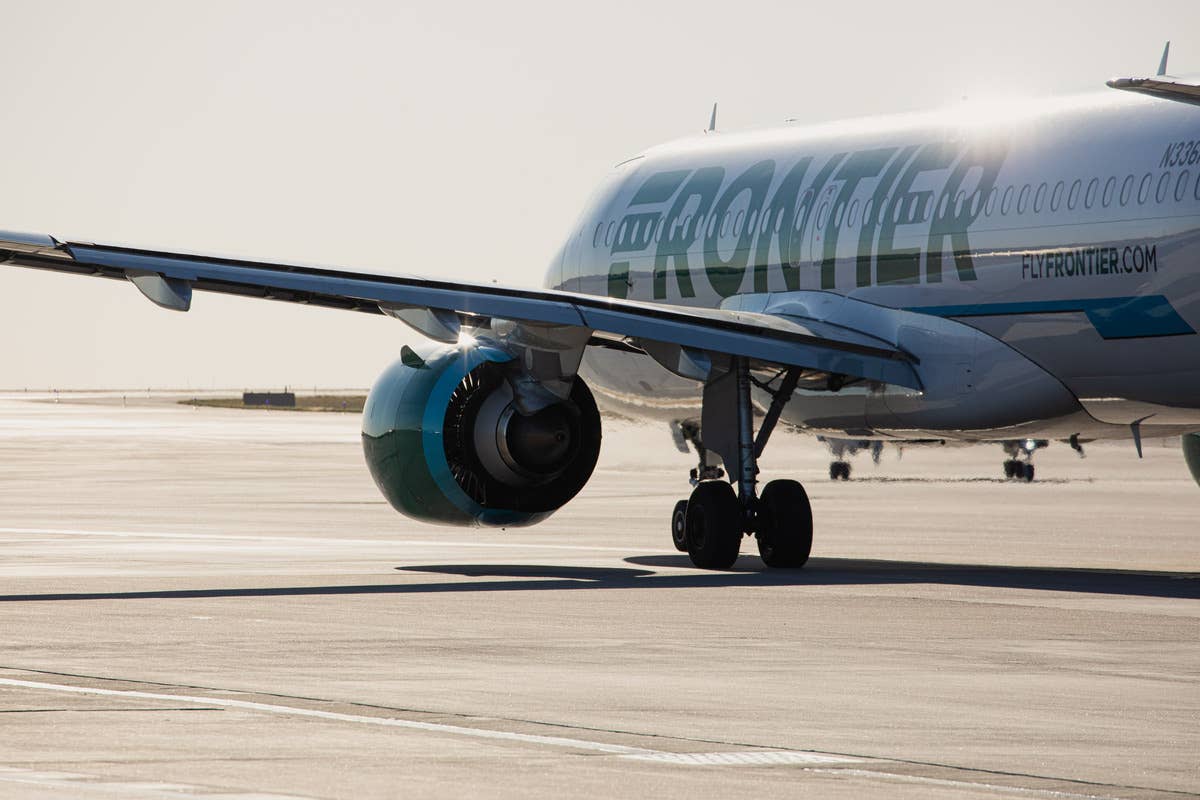Aviation Finance as an Instrument of Power
War, and its resulting sanctions, create financial damage worldwide, including in aviation.

Lt. Gen. Vasyl Nikiforov and Maj. Gen. Don Ralph Nikiforov sit in an Ukrainian SU-27 preparing for an upcoming flight. {Courtesy: U.S. Air Force]
As aviation enthusiasts, it’s easy for us to picture how a strike force of F-22s, F-35s, F-15Cs, and F-16CJs could return Ukrainian air supremacy to its rightful owners. However, military force isn’t always the right tool for the U.S. to use.
Thankfully, the nations who support freedom for the people of Ukraine have other instruments of power at their disposal. In some ways, those tools will inflict more harm on Russia than any bomb or missile.
Unfortunately, they also cause some collateral damage.
U.S. doctrine identifies four primary instruments of national power, using the acronym DIME: diplomatic, information, military, economic. We can see each of these tools at work in Ukraine’s defense, but we’ll focus on how good people are employing economic pressure to help end Putin’s aggression.
Impacts to Aviation
First, the airspace over Ukraine is essentially closed to prevent civil aircraft from being shot down. Detouring flights around Ukraine costs airlines extra money, decreasing profit margins, and reducing pilot job security.
Russian President Vladimir Putin and his allies, including Alexander Lukashenko in Belarus, are suffering from these effects. It has more than tripled the distance that Belavia has to fly to get from Minsk to Istanbul, increasing headaches for one of Putin’s allies.
Most of Europe and Canada have been quick to ban all Russian aircraft from their airspace as a sanction against Putin. The U.S. joined them this week.
“The application of military power is not a choice that happens in a vacuum.”
This will cost Russian airlines millions of dollars every day in lost revenue. It will also leave Russian citizens stranded, at home or abroad. It will separate families and business partners.
Remember how crazy the world went when the COVID-19 pandemic shut down most flying worldwide? Imagine suffering from a similar shutdown while you watch the rest of the world travel freely.
Rich Russian oligarchs with private Gulfstreams and Globals are also effectively grounded. These multimillion dollar jets will now sit, gathering dust, while their owners pay fees and make loan payments on aircraft they can’t use.
Restrictions impacting cargo aircraft routes will hurt trade for all of Russia. Though we don’t see many Russian products in the West, they love European and American cars, Asian electronics, and other international products. Russians both rich and poor will have to make due with inferior local alternatives.
Additionally, many of the airliners operated by Aeroflot and other Russian companies are leased rather than owned. Lessors are demanding their aircraft back, meaning that even if hostilities cease, those airlines will be crippled.
From regular citizens to influential billionaires, all Russians are suffering from the consequences of the Ukraine invasion. The longer Putin chooses to wage war, the more the country’s long-term wellbeing will be damaged.
Other Sanctions
Beyond the realm of aviation, other sanctions are helping to cripple the Russian economy. Banks worldwide are freezing the assets of the richest Russian citizens. Even Switzerland took an unprecedented step away from its position of neutrality and joined the asset-freezing party. It seems increasingly likely that the U.S. and European Union will remove Russia from SWIFT, making it more difficult or even impossible to send wire transfers to or from Russia.
This has crashed the value of the Russian ruble. I lived in Russia and Belarus for nearly two years, and it was always common to see lines outside banks on payday. Even more than 20 years ago, Russians had so little faith in their national currency that they’d immediately rush to trade their money for dollars, euros, or some other form of stable cash. Now, Russia is seeing mass runs on banks as people lose all faith in their country’s financial system.
These economic woes quickly decimated the Russian stock market, with Goldman Sachs calling it “increasingly uninvestable.”
Unless things turn around quickly, this will plunge Russia into a recession that will make 2020 in the U.S. look like a walk in the park. I feel bad for the good people in that country who will be hurt by their country’s aggression. I don’t feel as badly for the Russian oligarchs who will be hurt even more by these sanctions. I hope they all protest loudly enough to help convince Putin how wrong he is.
This is a lesson that we need to remember back home. The application of military power is not a choice that happens in a vacuum. Everyday citizens suffer when any country goes to war. Let’s hope Putin gives up before his people suffer too much.
I hope my international application of the High Finances space this week is enough to make a difference in supporting the heroic people of Ukraine currently fighting for their country.
Слава Україні!

Sign-up for newsletters & special offers!
Get the latest FLYING stories & special offers delivered directly to your inbox

